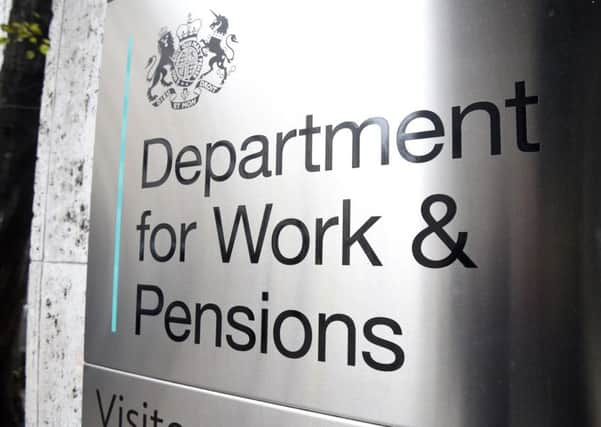Child support statutory system set for makeover


There have been non-resident parents, mostly fathers, who have been chased for money they did not owe. There have been many parents with care responsibilities, mostly mothers,who have not received money which ought to have been paid to them.
Every few years the Department for Work & Pensions (DWP), in its various incarnations, has tried to address these problems, never with any great success. There is now some £3.7 billion of uncollected arrears of child support maintenance. Some of those arrears will never be collected. Some arrears should never be collected, because they never should have been charged. Nevertheless, there is a very great deal of money owned to parents with care responsibilities which has simply been added to the lengthening tale of child support failures.
Advertisement
Hide AdAdvertisement
Hide AdThe latest attempt to address this issue is the DWP consultation document, Child Maintenance: A New Compliance and Arrears Strategy, published in December. The consultation closes on 8 February.
Parents now have an opportunity to respond to DWP with their views on the proposals for their form of child support. Particularly this would be an opportunity for the mothers to whom substantial sums are owed to complain. Of the £3.7bn uncollected child support arrears, about £2.2bn is owed to those parents who have applied for child support maintenance but have not had the money paid to them.
It is, of course, a huge embarrassment for the government that there has been such a failure and one would have hoped the response would have been an increased attempt to recover such sums. Under the consultation document, however, the proposal is to write off a great deal of it.
Any parent who has had a sum of more than £500 owed for up to 10 years (£1,000 for a longer period) will receive a letter from DWP asking them whether or not they wish to have that sum collected. They will receive a reminder after another 30 days and if DWP does not hear from them within that period, the sum will be written off. Smaller sums will be written off anyway.
Another proposal is in relation to deemed income from capital held by non-resident parents. It used to be that a non-resident parent who had capital in excess of £65,000 was deemed by the Child Support Agency to be earning 8 per cent net on those assets, whether it was earning anything or not. This might have been a justifiable figure in 1993, but it was certainly not by 2012 when the assets variation was abolished.
Now, no income is deemed to come from any assets at all, and this is probably just as unfair as the original 8 per cent figure. DWP asks in its consultation document what figure should be used. One possible answer would be 1-2 per cent above base rate, which would allow for future inflation but also encourage non-resident parents with assets to pay maintenance for their children, rather than sit on capital assets which earn nothing.
Another element of the consultation refers to the possibility of enforcing child support maintenance by removing a debtor’s passport. Already the system allows imprisonment and the removal of a driving licence. We can only wonder who is going to be impressed by the removal of a passport on top of those sanctions.
The statutory child maintenance system already has a great array of enforcement powers it does not use. Perhaps the best answer to the government is to say that the existing powers ought to be used before they ask for yet more.
Advertisement
Hide AdAdvertisement
Hide AdIf you have been affected by the failure of the child maintenance, you can reply to the consultation to [email protected] or The Child Maintenance Policy Team, Ground Floor, North Zone E, Quarry House Quarry Hill, Leeds, LS2 7UA.
John Fotheringham is a consultant in family law, Morton Fraser LLP